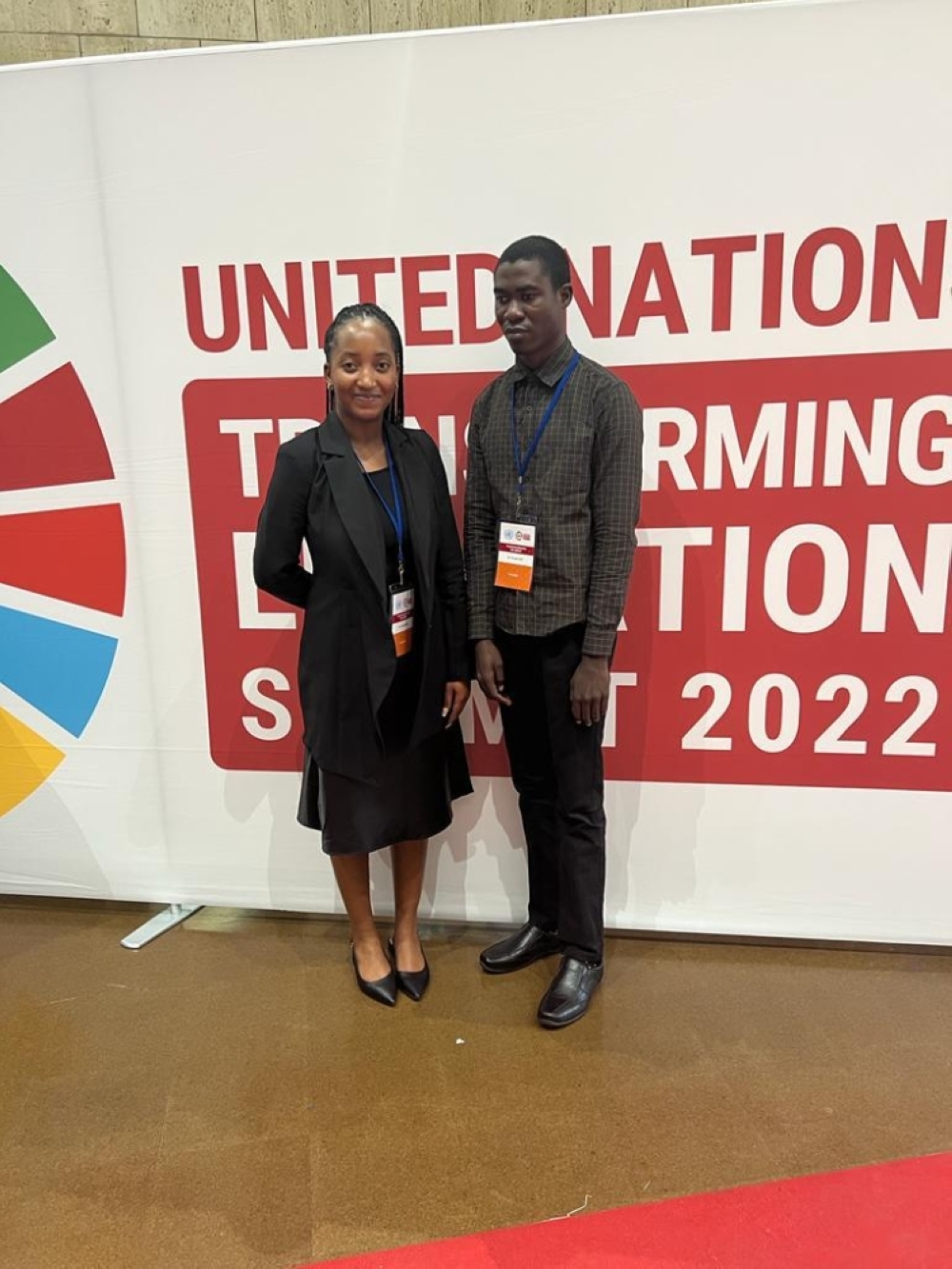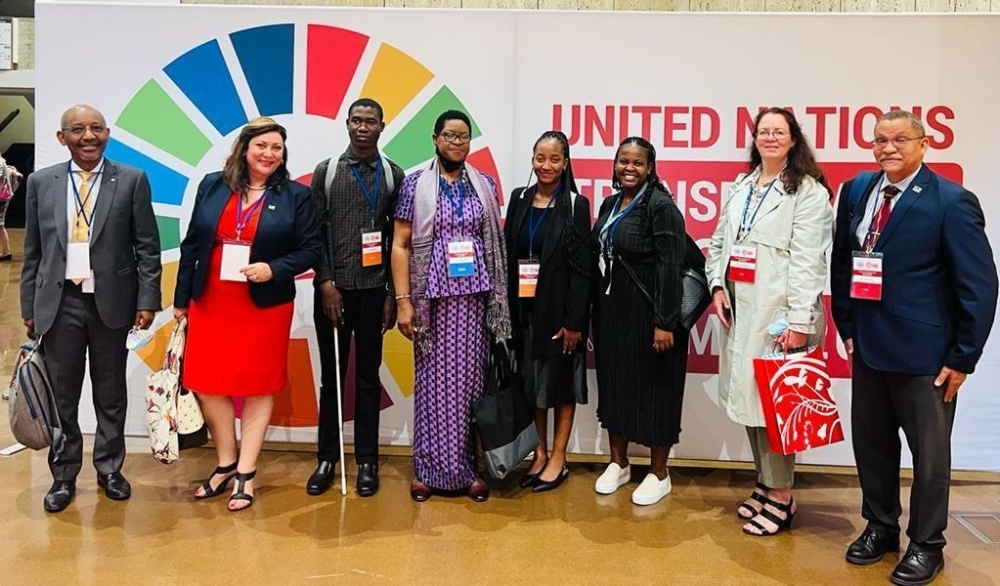Transforming education
Taking accountability towards education and teaching
The pre-summit took place in Paris, France, with country leaders coming together to turn the spotlight on teachers and education.
A total of 154 leaders from across the world came together to discuss the future of education globally at a ‘Transforming Education’ pre-summit which took place from 28 to 30 June in Paris, France.A Namibian representative of the youth delegation brought three issues to the table: The accountability mechanism for education in Namibia, a platform for youth and their involvement in decision-making as well as the need to finance education and meaningful engagement when it comes to problems related to the youth.
The third issue aims to place teachers at the centre of quality education, and also ties in with the themes raised by the United Nations Educational, Scientific and Cultural Organisation and a #TeachersTransform campaign launched on 30 June.
According to a report launched by the United Nations before the summit, one in three teachers lacks the minimum requirements and qualifications, specifically in Sub-Saharan Africa.
The report further added that for transformation to take place, an adequate number of teachers is needed. All teachers must have quality training as well as improved status and working conditions. The last point of the transformation includes that personnel’s leadership and innovations are recognised and supported.
In a recent interview with the Namibia Broadcasting Corporation, education ministry executive director Sanet Steenkamp said the ministry is focusing on a methodology to keep teachers relevant. “There is a need for deepening a dialogue with the ministry of finance,” she said.
She added that teachers remain at the centre of quality education.
The way forward
The official summit will take place in New York in September. The run-up to the event will include the ministry involving corporate companies as well as working closely with civil society, Steenkamp said.
According to a statement released by the education minister Anna Nghipondoka, the transformation of education will only be possible and successful when learners are an active player to ensure that schools remain safe.
“In the same vein, young people should equally be held accountable in respect to our commitment to being involved and getting the work done,” one of the Namibian representatives, Doreen Lyomba from the Namibian National Students Organisation, said.
Another youth who accompanied the Namibian delegation was Joshua Amukwaya, who represented youth living with disabilities.
The issue on safe and healthy school environments is brought up under Action Track 1, which Namibia co-lead at the pre-summit with Italy. (More information on these action tracks can be found on Page 3.)
A discussion on ending violence in schools took place on 29 June, with Nghipondoka highlighting the role of the Namibia’s national safe schools framework, which was launched in 2018. The programme aims to promote and respect the rights of children.





Comments
My Zone
No comments have been left on this article